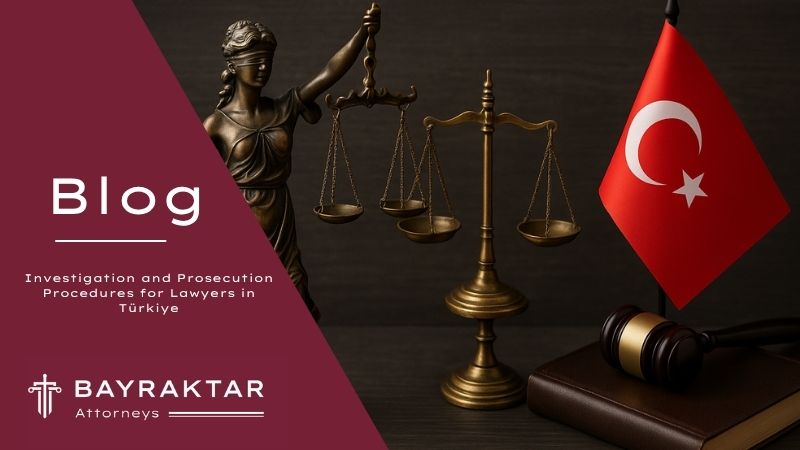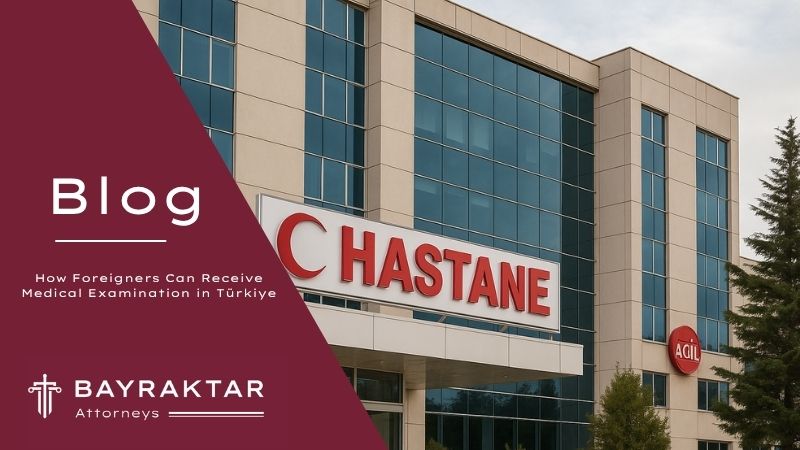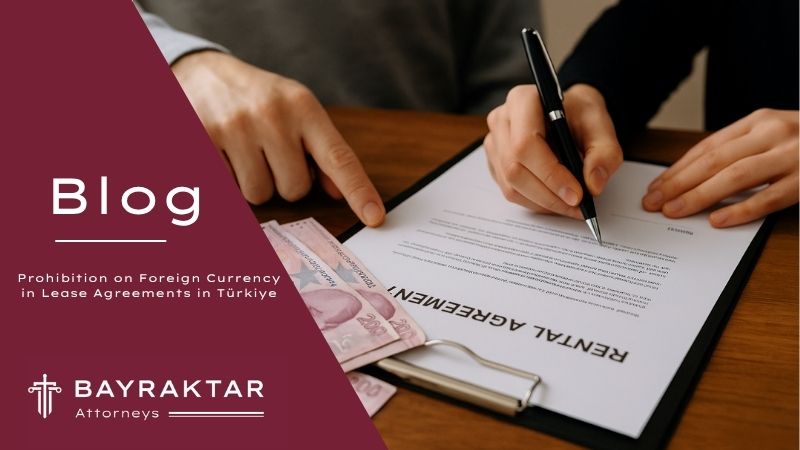
In Türkiye, the duties and responsibilities of lawyers extend beyond providing legal representation. Due to the nature of their role as both public servants and independent legal professionals, the law provides specific protections and procedures when a lawyer is accused of committing a crime. This ensures that the independence of the profession is safeguarded while maintaining accountability.
The procedures for investigating and prosecuting lawyers are primarily regulated under Articles 58 to 61 of the Law on Attorneys (No. 1136). While most personal crimes committed by lawyers are subject to general provisions of criminal law, any alleged offense arising from the lawyer’s duties or committed during the performance of these duties follows a special procedure.
Notably, situations of flagrante delicto (caught in the act of committing a serious offense), as regulated under Article 61, fall under the scope of general criminal law.
Special vs. General Procedures
A clear distinction must be made between special procedures for lawyers and the general criminal procedures applicable to all citizens. According to the principle of lex specialis derogat legi generali, special legal provisions override general ones in applicable cases.
Special Procedure (Avukatlık Kanunu 58–60):Applies when a lawyer is alleged to have committed a crime arising from or during the performance of their professional duties. These require prior authorization from the Ministry of Justicebefore an investigation can begin.
General Procedure (CMK):Applies in cases of personal crimes or flagrante delicto involving serious offenses within the jurisdiction of the heavy penal courts.
This dual system is designed to protect both the public interest in accountability and the independence of the legal profession.
Investigation and Prosecution Authorization
Article 58 of the Attorneyship Law makes it clear:
“Investigations into lawyers for crimes arising from or during their duties may only be conducted by the public prosecutor of the place where the crime occurred, and only after obtaining authorization from the Ministry of Justice.”
Without this authorization, no investigation can be lawfully initiated. This provision ensures that lawyers are not arbitrarily prosecuted for actions directly connected to their defense duties.
Additionally, under Article 58(2), lawyers cannot be subjected to detention, disciplinary imprisonment, or fines without proper authorization.
However, in cases of serious crimes committed in flagrante delicto, the general provisions of the Criminal Procedure Code (CMK) apply, and the public prosecutor may proceed without waiting for authorization.
Arrest and Judicial Control Measures
Normally, under CMK Article 101, detention during an investigation phase requires a prosecutor’s request and a decision from the criminal judgeship of peace. For lawyers, however, the Attorneyship Law modifies this process:
In professional-duty-related offenses, the request for detention or judicial control must be directed to the heavy penal court, not the judgeship of peace.
For flagrante delicto serious crimes, CMK provisions are applied, and regular procedures follow.
This distinction highlights the importance of protecting the professional independence of lawyers while still holding them accountable under criminal law when necessary.
Indictment and Last Phase Authorization
The process continues with the preparation of an indictment under Article 59. Importantly, the final trial can only proceed after the heavy penal court grants authorization for prosecution (last phase authorization).
This means:
If no authorization is granted, the indictment has no effect.
If authorization is granted, the trial is conducted before the heavy penal court in the jurisdiction where the offense was allegedly committed.
This step ensures a balance between judicial oversight and the safeguarding of lawyers’ professional independence.
Appeals and Objections
Article 60 of the Attorneyship Law provides the right of appeal. Lawyers (or prosecutors) may object to decisions regarding detention, release, or denial of last-phase authorization. These appeals are reviewed by the nearest heavy penal court, except the court designated to conduct the trial itself.
Search of Lawyers and Their Offices
The search of lawyers is among the most sensitive issues addressed under Turkish law.
According to CMK Article 130and Attorneyship Law Article 58, a lawyer’s office, residence, or person may only be searched:
With a court decision,
Under the supervision of a public prosecutor, and
In the presence of a bar association representative.
Moreover, the law explicitly prohibits the search of a lawyer’s person except in cases of flagrante delicto involving serious crimes within the jurisdiction of the heavy penal courts.
The Constitutional guarantees of privacy and protection of professional secrecy make this rule indispensable. Any evidence obtained in violation of these provisions is deemed inadmissible.
Case Law Highlights
The Court of Cassation (Yargıtay) and the Council of State (Danıştay) have consistently emphasized the importance of adhering to these special procedures.
For instance:
Yargıtay 18th Criminal Chamber (2016):Ruled that an investigation conducted without Ministry of Justice authorization was invalid.
Danıştay 8th Chamber (2010):Confirmed that searching a lawyer without flagrante delicto violated professional dignity and entitled the lawyer to compensation.
These precedents reinforce that deviations from the special procedures cannot be justified under general provisions or administrative regulations.
Conclusion
The framework regulating the investigation and prosecution of lawyers in Türkiye reflects the dual need to ensure accountability while preserving professional independence.
At Bayraktar Attorneys, we emphasize that:
Lawyers cannot be arbitrarily detained, prosecuted, or searched without strict adherence to the special procedures under the Attorneyship Law.
These protections exist not as personal privileges, but as safeguards for the right to defense and the integrity of the judicial process.
In cases involving flagrante delicto or personal crimes, general provisions of the Criminal Procedure Code apply.
Ultimately, the law recognizes that without an independent and secure legal profession, there can be no fair trial or effective access to justice.




![["A gavel, separated wedding rings, and Turkish legal documents with a Turkish flag, symbolizing the legal consequences of divorce in Türkiye"]](https://admin.bayraktarattys.com/api/admin/images/images/projects/765770dc-c7ce-4ea1-ae8b-99b96a482da5_divorce-in-turkey-legal-documents.jpg)
![["A Turkish passport, a regulation law book, a house-shaped keychain with keys, and the official Turkish Citizenship Regulation Guide PDF placed on a wooden desk. Ask ChatGPT"]](https://admin.bayraktarattys.com/api/admin/images/images/projects/93a7384a-474a-4d6e-8c36-7899a6113b78_turkish-citizenship-guide-passport-law.jpg)
